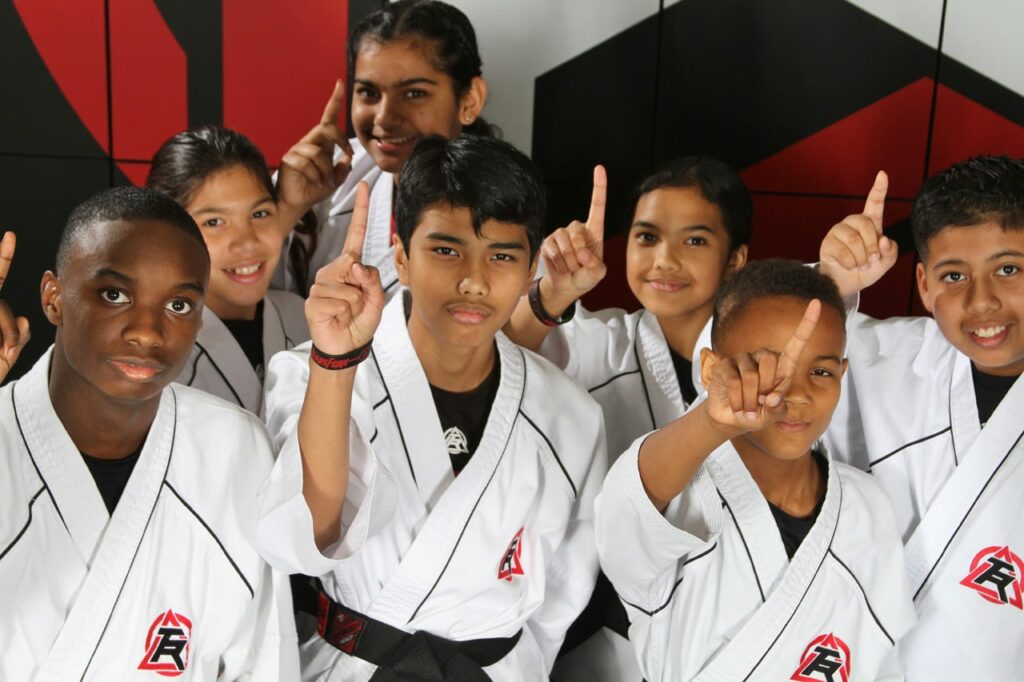
The global COVID-19 pandemic has taken its toll on our collective mental health and wellness. Even if the virus hasn’t directly affected you, your family members or friends, worry, stress and fear have crept into our lives over these last several months. Exercise may seem like a “nice to have” at a time like this, but the fact is that it’s never been more important.
Regular exercise (even 10 or 15 minutes a day, or at least 30 minutes a day for three to five days a week) boosts your levels of endorphins, or the brain’s natural chemicals that produce a feeling of well-being. In addition to giving you a sense of accomplishment, exercise can reduce depression, increase your self-confidence, help you sleep better, and provide you with a healthy distraction from stress.
We’ve known about the effects of exercise on mental health for quite a while. The results of a study featured in the Journal of Psychiatric and Mental Health Nursing (“Exercise: a neglected intervention in mental health care?”; Callaghan, 2004) concluded: “Exercise improves mental health and well-being, reduces depression and anxiety and enhances cognitive functioning. Although exercise seems to improve the quality of life of those living with mental health problems, its value is seldom recognized by mainstream mental health services. The evidence suggests that exercise may be a neglected intervention in mental health care.”
Could exercise actually reduce our chances of getting the virus? The jury’s still out on that. According to Penn Medicine, “Some studies even show that regular, moderate-intensity exercise may have immune-boosting benefits, but the impact of exercise on susceptibility to COVID-19 is not known.”
Fair enough, but here’s what we do know: Exercise certainly can’t hurt. And – great news – you don’t have to have a professional gym to get fit. Brisk walks with the dog, a jog around your neighborhood or any number of home workouts (Google “home workouts” for some great ideas) will do the trick. Hand weights or resistance bands, a yoga mat and/or a jump rope are all excellent additions to your home gym.
At a time when we can’t gather with friends to blow off steam and Zoom meetings may not be filling the void, a good sweat can help ground us, as long as we make it a regular part of our lives. Scheduling your exercise – and, better yet, blocking out the time on your calendar – is a great way to keep yourself honest. Start with small sessions and work your way up. Sprinting out of the starting gate is a surefire way to burn out quickly, mentally if not physically.
As you continue your exercise journey, you’re going to encounter days when you just don’t feel like breaking a sweat. Even the most seasoned athlete has those days. It’s how you respond that matters. Remind yourself how you accomplished you feel when you’re done. You might also try the “just five minutes” approach. Commit to at least five minutes, and odds are good you’ll keep going.
There will also be days when life takes over and you miss your workout. Focus on the long term and get back in the game at your next opportunity. If you’re sticking to your routine over time, that’s what matters. An occasional lapse won’t derail your efforts.
It’s extremely helpful to find yourself some accountability partners – either virtual or in person with the necessary safety precautions — who will cheer you on and encourage you to keep going. These are some of the best friendships you’ll ever have.
Many of those friendships were born on the mat. Taekwondo offers a one-of-a-kind environment for every age and fitness level – and it’s specifically designed to reduce mental, physical and emotional stress. Tiger-Rock Martial Arts offers a variety of classes that boost self-confidence and a sense of control in a healthy, empowering way. To ensure your peace of mind, we’ve increased our sanitizing and disinfection protocols. We’re committed to your safety, security and well-being – on and off the mat.
To learn more about Tiger-Rock Martial Arts and our programs, contact us at (512) 846-1112.